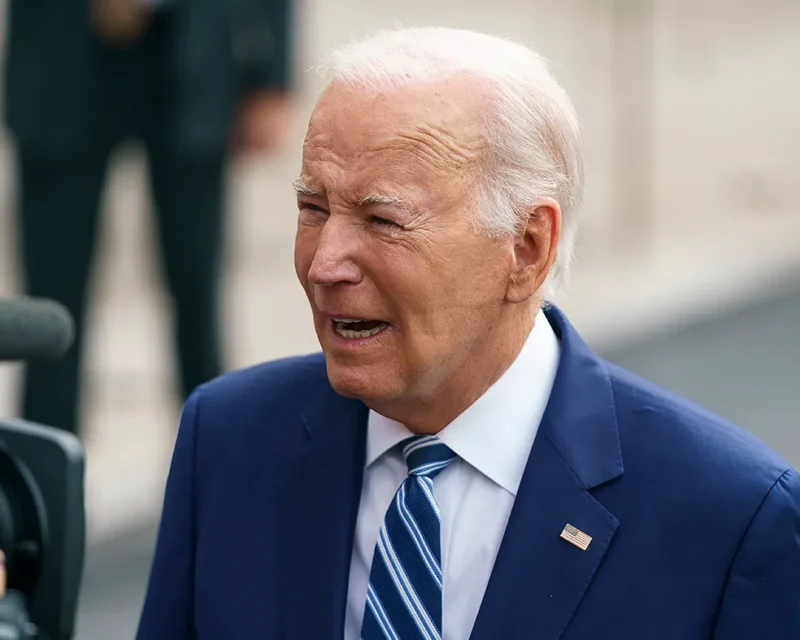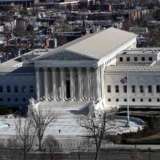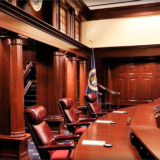As Election Season Nears, White House Censors Viral Videos of “Senile Biden”
As the general election season approaches, the landscape of American democracy feels more like a battlefield where free speech is the first casualty. The Biden administration’s dismissal of a series of viral videos as “cheap fakes” raises critical questions about the state of freedom of expression in the United States. These videos, which purportedly show President Biden in a state of declining mental acuity, have sparked a fierce debate over their authenticity and the administration’s response.
One particularly striking clip features former President Barack Obama seemingly guiding a frozen Joe Biden off stage during a $30 million fundraiser in Los Angeles. This video has become emblematic of the broader controversy, capturing the public’s imagination and stirring heated discussions about the President’s fitness for office.
White House officials have been quick to label these videos as manipulated content, designed to mislead and deceive the public. They argue that these “cheap fakes” are part of a coordinated campaign to undermine the President and erode trust in the electoral process. However, this swift dismissal has not quelled the concerns of many who see it as yet another example of censorship under the guise of protecting democracy.
A conservative tech expert has pushed back against the administration’s narrative, asserting that the videos raise legitimate concerns. This expert contends that the Biden administration’s efforts to discredit these videos are part of a broader “election buzzword” strategy aimed at pressuring social media platforms to suppress potentially damaging content. This, they argue, is a clear attempt to silence dissent and control the narrative as the election draws near.
The controversy highlights a troubling trend: the erosion of free speech in the name of preserving democracy. When officials can dismiss inconvenient content as fake and call for its removal, the lines between protecting the public and censoring dissent become dangerously blurred. The result is a chilling effect on open discourse, where individuals may feel increasingly hesitant to voice their opinions or share information that contradicts the official narrative.
As the election season heats up, the battle over these viral videos is likely to intensify. The Biden administration’s handling of this issue may well set a precedent for how future controversies are managed, with profound implications for the health of American democracy. In a time when the free flow of information is more critical than ever, the stakes of this debate extend far beyond the immediate political context.
The ongoing clash over these videos serves as a stark reminder of the fragile state of free speech in America today. As we navigate this turbulent period, it is essential to remain vigilant and critically assess the forces at play. The future of our democracy may well depend on our ability to uphold the principles of open dialogue and resist the encroachment of censorship in any form.






